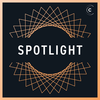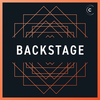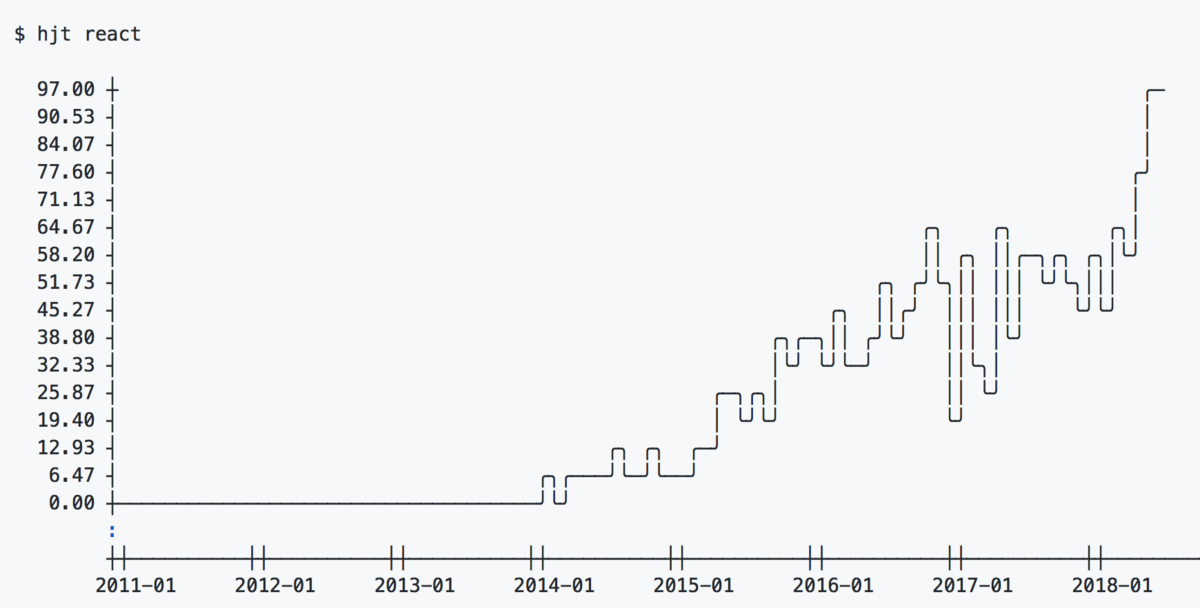Joseph Jacks (JJ) is back! We discuss the latest in COSS funding, his thesis for investing in commercial open source companies, the various rug pulls happening out there in open source licensing, and Zuck/Meta’s generosity releasing Llama 3.1 as “open source.”
Joseph Jacks: Yeah. Some disease. I’m just going to say tweet. I came up with one phrase – because people ask me this question all the time, “What is the thesis?” It’s so strange. And the phrase - I want to say probably late 2019, maybe even early 2020 - is “Open source is eating software faster than software is eating the world.” So that’s been the phrase. And that’s kind of been the slogan, and the whole mantra or whatever. And I think it does really well tightly kind of articulate what the fund is about, which is like, it’s easy to explain things to people when you can kind of build on an existing, well-understood dynamic or concept or whatever… It’s sort of like reasoning from analogy, which I think often is not that helpful, because you’re not really deeply understanding something if you reason by analogy. But Mark Andreessen is very famous for saying software is eating the world, and this is kind of the Andreessen Horowitz thesis, right? And they’re very known for that, so people have a strong understanding… So I was just kind of like trying to build on that to say “Well, actually, we think instead of software eating the world, which is kind of true, we think something more important and more kind of disruptive is actually happening, which is that open source”, which really means something very specific… It’s like a really like kind of specific phenomenon, and important… “Open source is eating software itself at a rate that is faster than software is eating the world.”
[20:23] So I’m beating the drum on this for - probably another year or two years go by… And then as I was raising our second fund, which was sort of like 2022, 2023, I started to visualize this. I started to kind of like write down… I think I was like having breakfast one day or something, and I was just trying to write down two waves. There’s a really big wave, which is like the software eating the world wave, and then there’s a smaller wave, which is the open source eating software wave. They overlap. They’re sort of super-imposed on each other.
So the big wave is like this huge wave. And then if you look at the horizontal axis, it’s time. So a number of years, a number of decades, or whatever… And then the vertical axis, kind of up and down is the size of the market, and how much money, how much industry size kind of has been to sort of like eaten; how much of software has eaten the world.
So it’s like tens of trillions of dollars or whatever on the vertical axis. And then on the horizontal axis, it starts around 1970, maybe 1960 or something… And then sort of the wave kind of goes – Oracle, Microsoft were founded, and then what other software companies and software industry were sort of created… So it’s like this line that develops, and you sort of put logos on it… And then the bottom wave is open source eating software. So how do you visualize that? But again, it’s in the context of companies.
And so obviously, I put Red Hat in there, and I put JBoss, and whatever. A bunch of other companies. And then as time goes on, you’ve got like MongoDB, and Talend, and MuleSoft, and GitLab, and HashiCorp… All these other companies. Databricks… And there’s more and more. Odoo, Grafana… There’s a lot of these companies now.
And my thesis in visualizing this extremely oversimplified image of the slogan, the visualization of this slogan, was that the rate of growth of the small wave, that small curve - the rate of growth is faster and expanding at a faster rate than the rate of growth of the large wave. Because the rate of growth of the large wave has sort of hit this kind of like asymptote or sort of like scale in which you can continue to digitize more industries, and like software is eating more and more things… But it’s almost pervasive at this point. Yes, there’s software for so many parts of the world… And now if you really look at the fundamentals of software and sort of like what it really means, there’s two ways of building and sort of releasing software to the world. You can build something that’s proprietary, where the person who created the technology or the software is solely in control of the ability to make the software better, and improve it, and dictate can you trust it or not… The other way is open source.
And if you look at open source in the context of Linux, there’s so many reasons why Linux succeeded in basically becoming the dominant server-side operating system. By the same token, there’s so many reasons the Android smartphone platform succeeded on smartphones just in terms of the number of smartphones. There’s many reasons why languages and databases are increasingly becoming dominant as open source open platforms.
Now we see things like LLaMA, which is actually not technically open source, but I think there’s some forgiveness that we have to kind of offer there, because neural networks are not source code. They’re a different artifact. And we’ve blogged about this and stuff last year, actually.
[24:04] So the idea, the principles of open source have remained unchanged. There’s a lot of resistance to that in the world of capitalism, and the world of business, particularly by financier types and VCs. I don’t consider myself a VC. I consider myself something a little different, but technically my job is as a VC. But we have a philosophy, we have a view that the world across all technology categories, starting with software - but it’ll eventually sort of like permeate across other things, too - is moving more towards transparency and systems that you can actually trust and verify that you can trust them, and systems that are user-empowered, user-owned, user-controlled, and permissionless. And those things are totally orthogonal to any particular type of technology. You don’t need to be a blockchain, you don’t need to be crypto to have those properties. You do need to adhere to a certain set of principles though.
And so that’s kind of structurally what the fund is about. How we’ve been sort of prosecuting these views has kind of been relegated to software company startups, and open source companies, largely, with a handful of exceptions… But I plan on doing this for the rest of my life, and it’s extremely fulfilling and comforting to see more and more evidence of the thesis actually playing out to be more and more correct. I mean, I can certainly imagine a world where I wake up every day for years on end, and the world is just more and more proprietary, and more locked down, and more centralized, and there’s less hope of any of these ideas having any long-lasting potential. That would be really depressing. [laughter] But so far, I see a lot of evidence on the other side, so it’s kind of cool.
Break: [25:55]







